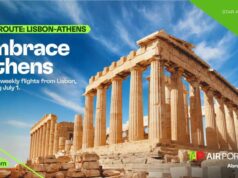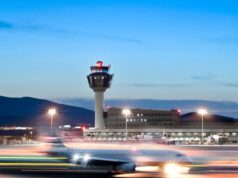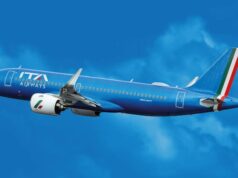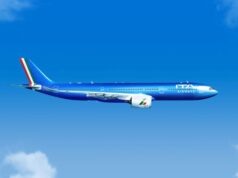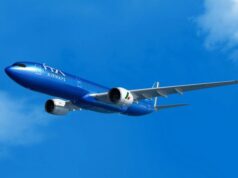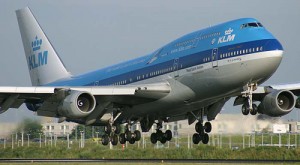 KLM Royal Dutch Airlines in September will launch more than 200 flights being operated on biokerosene between Amsterdam and Paris.
KLM Royal Dutch Airlines in September will launch more than 200 flights being operated on biokerosene between Amsterdam and Paris.
The flights will be operated on biofuel made from Used Cooking Oil. KLM is open to using different raw materials for the end product, as long as they meet a range of sustainability criteria, including substantial reductions in CO2 emissions and minimum negative impact on biodiversity and food supply. All biofuels used by KLM also have to meet precisely the same technical specifications as traditional kerosene and must not require any adjustments to aircraft engines or infrastructure.
The fuel is produced by Dynamic Fuels and supplied by SkyNRG, the consortium launched by KLM and North Sea Group and Spring Associates in 2009. SkyNRG is actively developing a sustainable production chain for aviation biofuels. The sustainability of alternative kerosene depends on many factors and is assessed on a case-by-case basis. In order to be able in future to reach the right decisions in this area, SkyNRG is advised by an independent Sustainability Board, consisting of the Dutch wing of the World Wide Fund for Nature (WWF), Solidaridad, and the Copernicus Institute of the University of Utrecht. A positive recommendation from the Sustainability Board carries a lot of weight for KLM.
KLM has been committed to developing sustainable biofuel since 2007. Air France KLM is also an industry leader in the field of fuel efficiency. Air France KLM has been sector leader of de Dow Jones Sustainability Index for six successive years.


